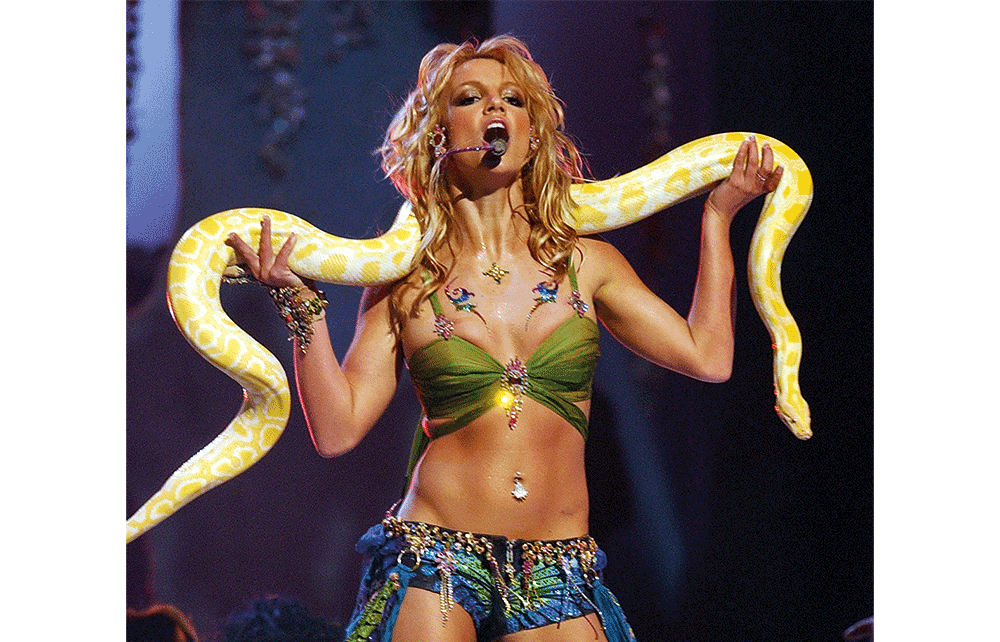Every week I check the weather in Longyearbyen, the main settlement in Svalbard. It’s about as close as you can get to a gulag with a human face – a heap of wooden houses where around 2,000 people live. It has a couple of stores and restaurants, and even a very small university. Outside the two streets, there’s much open space in which to walk. You don’t have to go far before being greeted with warning signs: ‘Don’t walk beyond this line without a gun! Danger of polar bears!’ At the door to all the cafés there is another sign: ‘Please leave your guns at the entrance!’ How can you not love a settlement like this? I can imagine living here. My life would be simultaneously a holiday and hard work – as I always imagined communism.
That said, I don’t hate Ljubljana, where I reside. My memories of a youth under communism are much better. In the early 1970s, we got the last Indian summer of more hard-line communism, so that, after finishing my studies, I wasn’t able to get a job. Even this proved to be a blessing in disguise. After a couple of years of unemployment, I got a post at a small research institute which gave me time to travel around, study abroad and establish professional links. The supreme irony is that, without the ‘Stalinist oppression’ of the mid-1970s, I would have been given a post at the university. I’d now be a little-known professor in Ljubljana, losing time with noisy and inquisitive students.
Britney Spears has reached a settlement with her estranged father more than two years after the court-ordered termination of a conservatorship that had given him control of her life.








Comments
Join the debate for just £1 a month
Be part of the conversation with other Spectator readers by getting your first three months for £3.
UNLOCK ACCESS Just £1 a monthAlready a subscriber? Log in